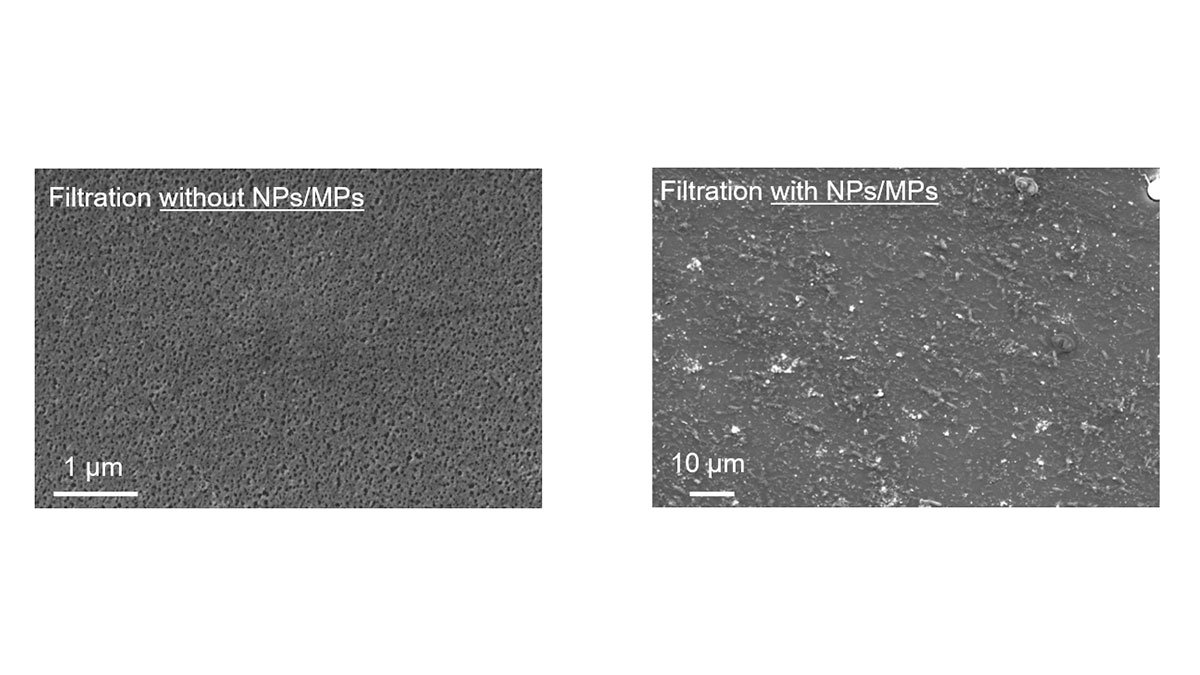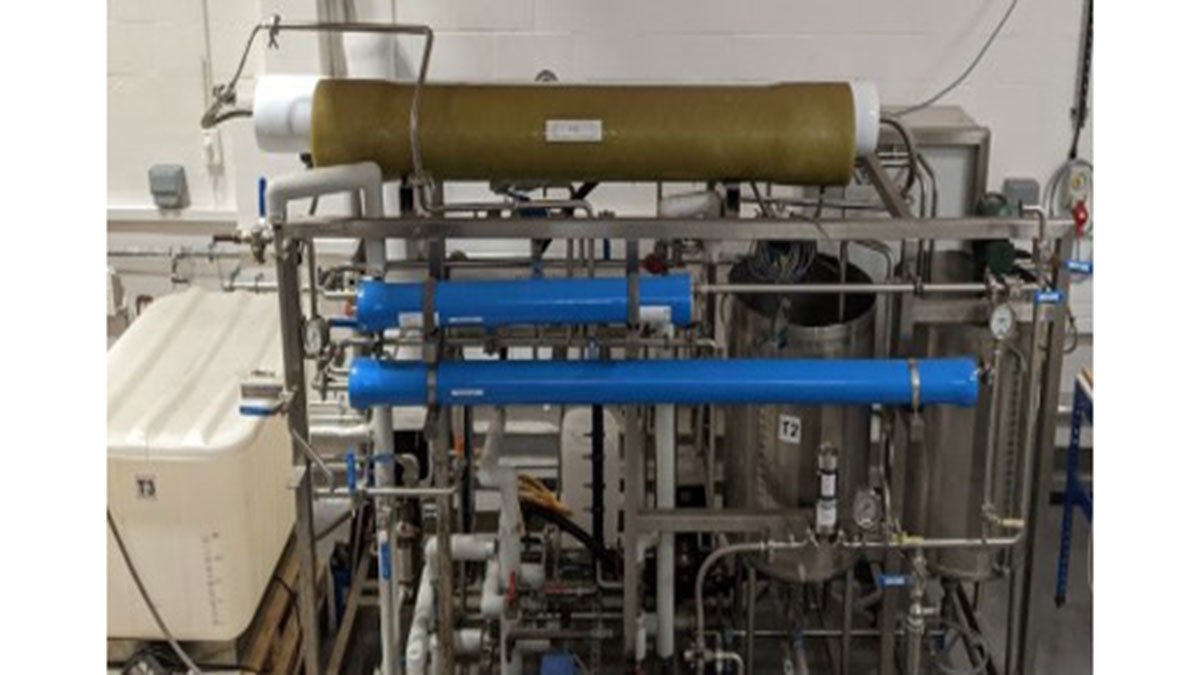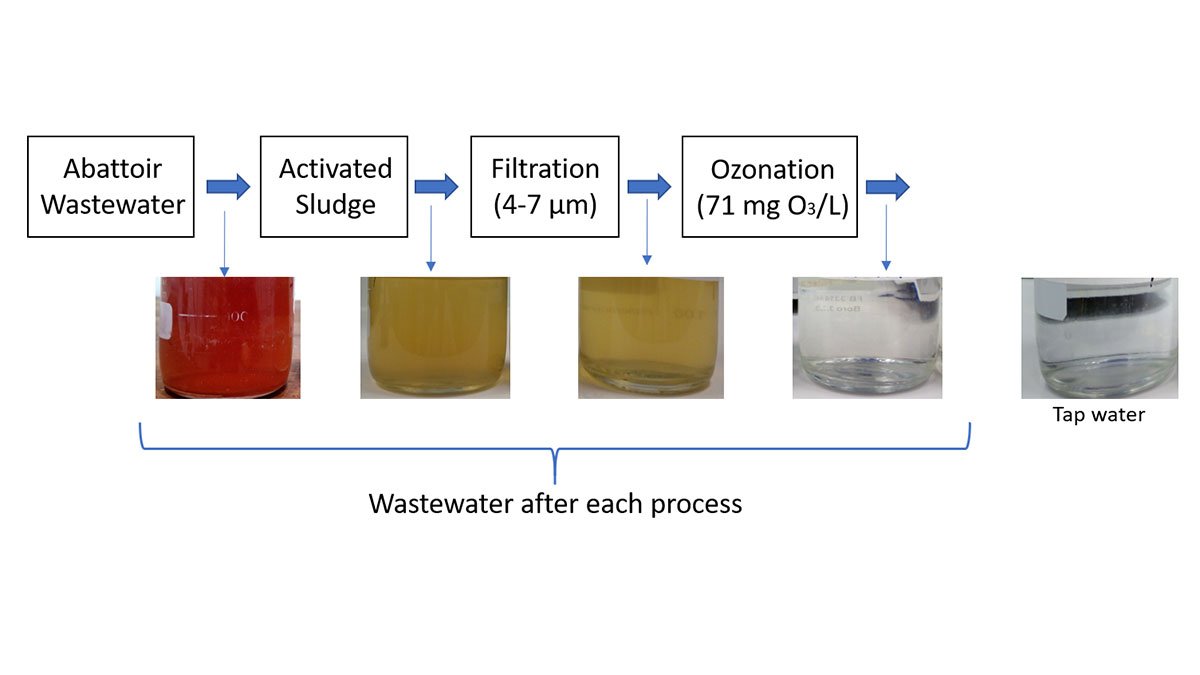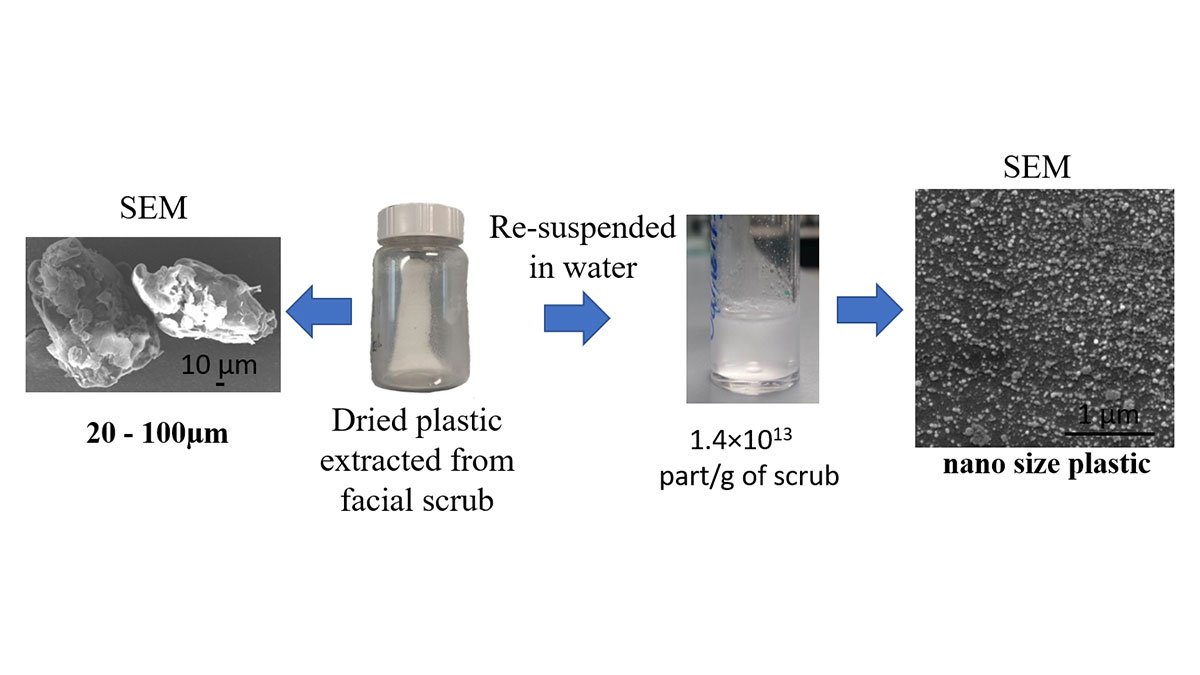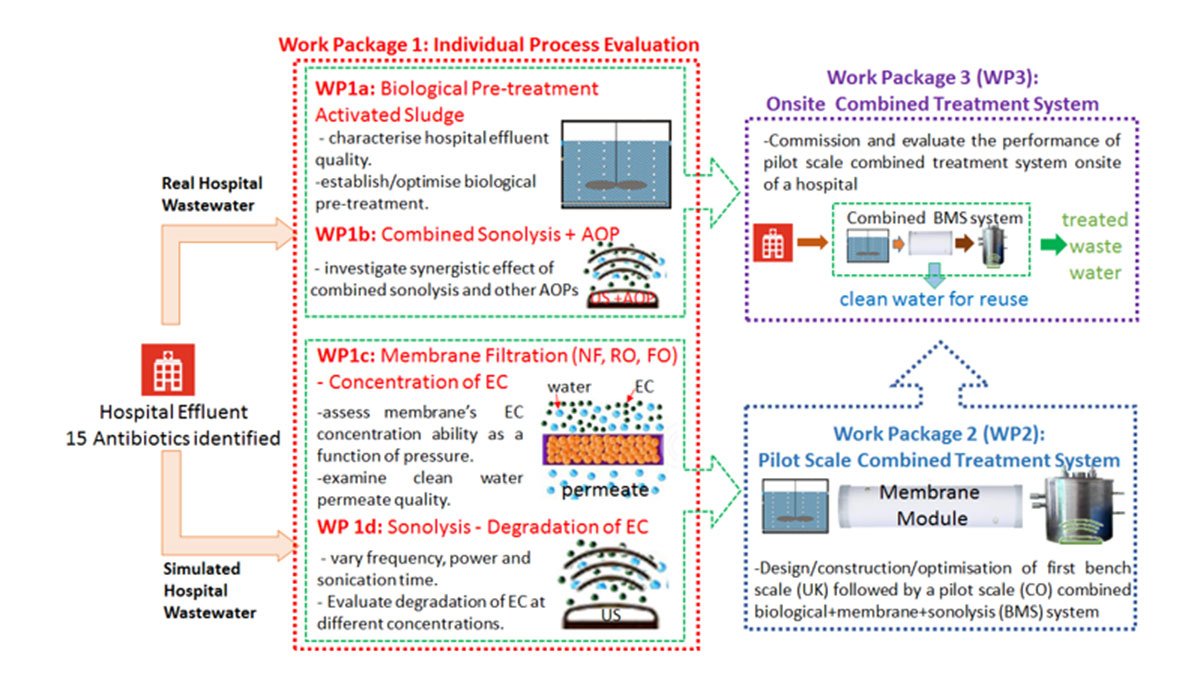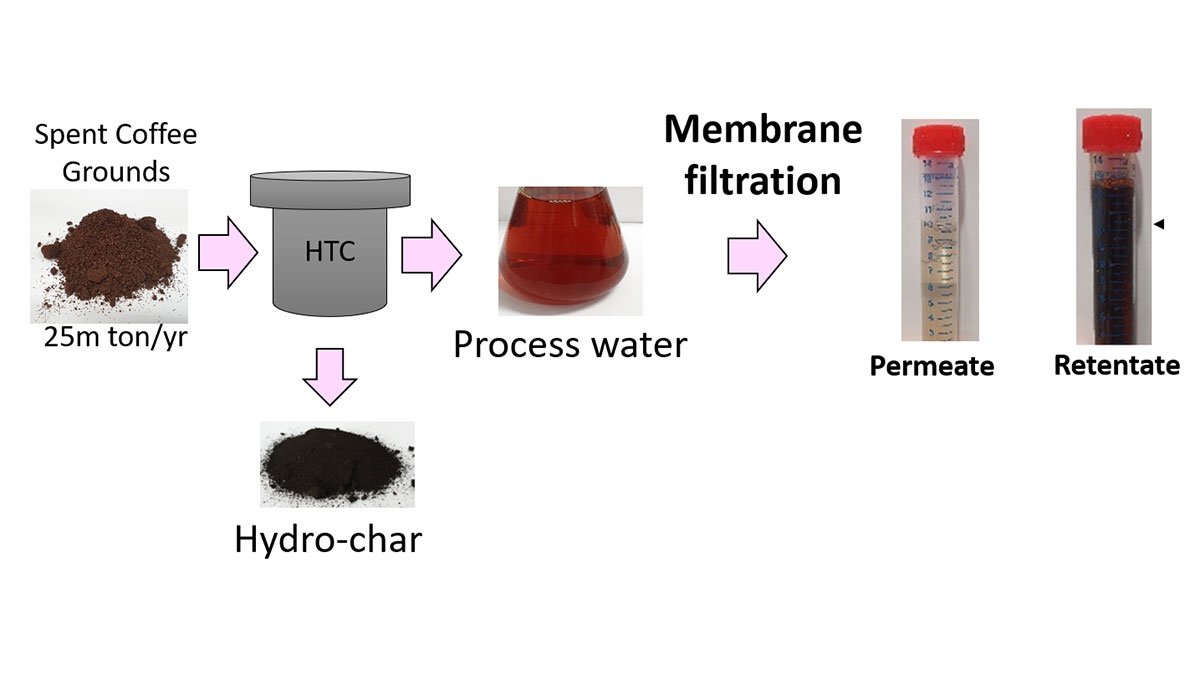
Sustainable water and wastewater processing
Our activities focus on addressing the global water-energy nexus challenges including developing innovative methods for sustainable desalination, wastewater processing and water recycling to provide clean water to address the rising global pressure for fresh water supply, energy recovery from wet waste or wastewater, and wastewater treatment process synthesis and real-time optimisation and control.
Facilities
Pilot scale water and wastewater treatment and biomass processing
- FO/NF/RO membrane filtration systems
- 20kHz horn capable of flow through, treatment at high pressure and temperature for biomass.
Techno-economic and life cycle assessment
- SimaPro
- SuperPro Designer.
Analysis of scaling/precipitation
- PHREEQC program.
Techno-economic and real-time optimisation
- General algebraic modeling system (GAMS).
Bioreactor modelling
- COMSOL software
- MATLAB platform.
Energy labs
- Bench top water-splitting setup for hydrogen production
- Microbial electrosynthesis system (MES) for waste-water treatment.
Analytical instruments
- Inductively coupled plasma - optical emission spectrometry (ICP-OES)
- Nanoparticle tracking analysis (NTA)
- Total organic carbon (TOC)
- High-performance liquid chromatography (HPLC)
- Ultraviolet-visible spectroscopy (UV-VIS)
- Low light camera
- Data colour spectrophotometer
- Potentiostat/galvanostat electrochemical impedance spectroscopy analyser
- Conductometer.
Bench scale water and wastewater and biomass treatment
- Hydrothermal carbonisation reactor owned by Antaco
- UF/NF/RO/FO membrane filtration systems
- Multifrequency ultrasound processing systems
- Biological digesters
- Sludge and waste water treatment.
Collaborations
Academic institutions
Projects
Completed projects
Start date: 2017
End date: 2018
Meet the team
Academic staff

Dr Bahman Amini Horri
Associate Professor of Chemical Engineering and Sustainable Energy; Leader of MSc Sustainable Energy; Fellow at the Institute for Sustainability

Dr Madeleine Bussemaker
Associate Professor in Chemical Engineering
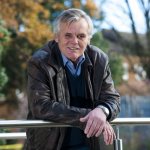
Dr Franjo Cecelja
Reader

Dr Ralph Chadeesingh
Senior Teaching Fellow in Chemical Process Engineering

Dr Melis Duyar
Senior Lecturer in Chemical and Process Engineering

Dr Siddharth Gadkari
Lecturer in Chemical Process Engineering

Professor Judy Lee
Professor in Chemical and Process Engineering
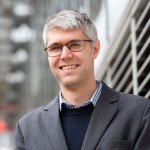
Dr Michael Short
Associate Professor of Process Systems Engineering

Professor Rex Thorpe
Professor of Chemical Engineering

Dr Dimitrios Tsaoulidis
Senior Lecturer in Chemical Engineering
Postgraduate research students
Read completed dissertations by our past students:
- Odour treatment in sewage treatment works by Behzad Haji Mirza Beigi
- Unlocking the full energy potential of sewage sludge by Nick Mills
- Advanced oxidation processes for the treatment of real slaughterhouse wastewater after a biological treatment by Pello Alfonso-Muniozguren
- Membrane fouling by nano/microplastics: Origin mechanisms and mitigation strategies by Marie Clemence Enfrin.
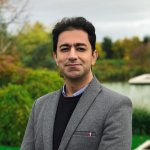
Meshkat Dolat
Project: Optimisation and system design for bespoke dual function materials for direct air carbon capture and utilisation

Ros Fomin
Project: Fouling behaviour of a membrane bioreactor system and the impact of different cleaning operations

Cyril Hachemi
Project: Comprehensive understanding of the impact of microplastics on membrane bioreactors

Mustapha Hamdan
Postgraduate Research Student

Junbin Huang
Project: CO2 reduction through microbial electrolysis system and chemicals upgrading

Om Sabnis
MSc summer researcher

Anna Salvian
Project: Development of microbial self-powered biosensor for water quality monitoring

Dr Tim Sidnell
Project: Ultrasonic degradation of per- and polyfluoroalkyl substances

Maano Tshimange
Project: Mining of phosphorus in wastewater using forward-osmosis membrane system

Dr Mehrdad Zare
Project: Ultrasonic remediation of pharmaceutical emerging contaminants (ECs) in water/wastewater
